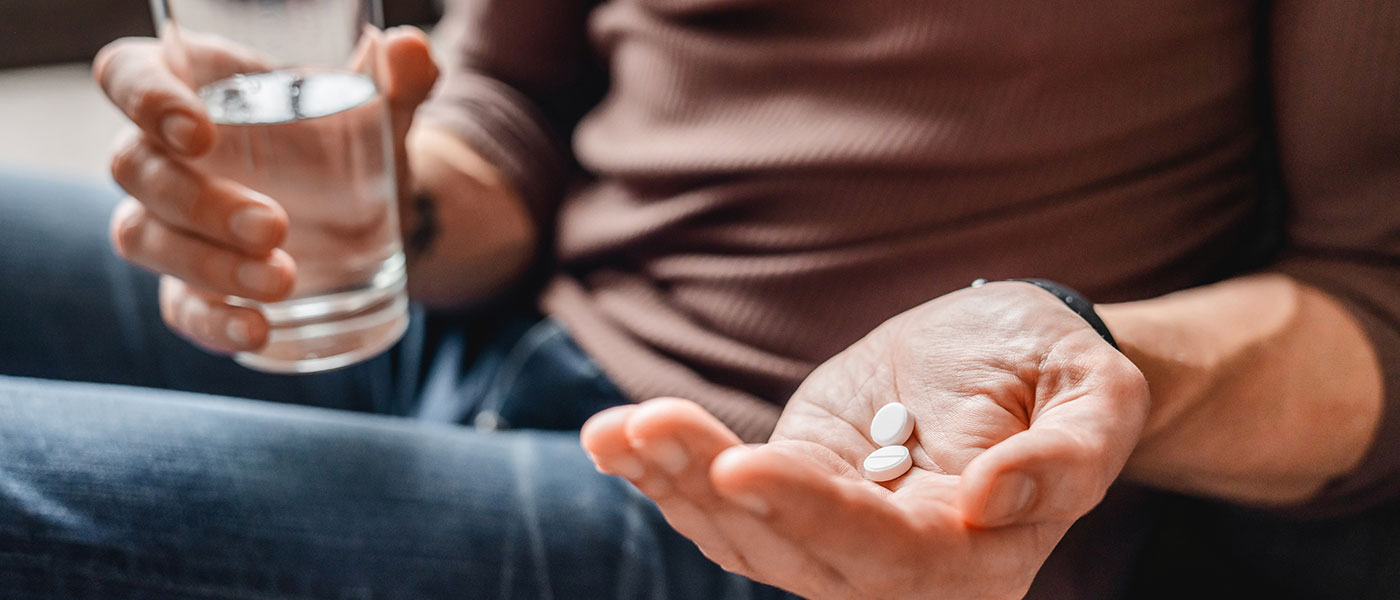
Tirzepatide is a revolutionary once-weekly injection for managing Type 2 diabetes and promoting weight loss. While it offers significant benefits, it's crucial to understand its interactions with other medications. These interactions can impact your treatment plan and overall health. In this article, we'll explore five essential drug interactions with Tirzepatide.
1. Insulin
Combining Tirzepatide with insulin can significantly increase the risk of hypoglycemia or low blood glucose levels. Tirzepatide functions by prompting your pancreas to release insulin when you eat and by slowing your stomach’s emptying process. Insulin, on the other hand, is directly administered to lower blood sugar levels. When both are used concurrently, the combined effect can lead to an excessive reduction in blood sugar.
Tips for managing the interaction:
- Regularly check your blood glucose levels as instructed by your healthcare provider.
- Be aware of hypoglycemia symptoms such as shakiness, sweating, and a rapid heart rate. Severe hypoglycemia can be life-threatening and requires immediate treatment.
- Inform your healthcare provider about your medications. They may lower your insulin dosage when starting Tirzepatide to help prevent hypoglycemia.
- Inform your healthcare provider if you experience frequent episodes of low blood glucose.

2. Sulfonylureas
Sulfonylureas, including medications like glipizide (Glucotrol XL), glyburide (Diabeta, Glynase), and glimepiride (Amaryl), are commonly prescribed oral medications for diabetes. Both Tirzepatide and sulfonylureas increase insulin secretion, but sulfonylureas do this continuously. This constant insulin release, combined with the insulin release triggered by Tirzepatide, can lead to an overabundance of insulin in the bloodstream, resulting in hypoglycemia.
Tips for preventing hypoglycemia:
- Inform your healthcare provide, who may reduce the dosage of your sulfonylurea medications when starting Tirzepatide to avoid excessive insulin release.
- Be vigilant for signs of hypoglycemia and have a plan for quickly raising your blood sugar.
- Keep your provider informed about any episodes of low blood glucose and other side effects.
3. Glinides
Glinides, such as repaglinide and nateglinide, are another class of diabetes medications that stimulate insulin release. Glinides work by stimulating a rapid but short-lived release of insulin in response to food intake. When combined with Tirzepatide, which also promotes insulin secretion and slows gastric emptying, the resulting high levels of insulin can cause blood sugar to drop too low, leading to hypoglycemia.
Tips to manage the interaction:
- Inform your healthcare provider, who may adjust the dosage of glinides when you begin Tirzepatide to mitigate the risk of hypoglycemia.
- Regularly check your blood glucose levels and watch for signs of low blood sugar.
- Report any persistent symptoms of hypoglycemia to your healthcare provider for further adjustment of your treatment plan.

4. Birth control pills
Tirzepatide can affect the absorption of oral medications, including birth control pills. This is particularly significant when first starting Tirzepatide or after a dosage increase. Tirzepatide slows down the movement of food from the stomach to the small intestine. This delay affects how birth control pills are absorbed, potentially reducing their effectiveness and leading to unintended pregnancies. Additionally, gastrointestinal side effects of Tirzepatide, like vomiting and diarrhea, can further hinder absorption.
Tips for ensuring effective birth control:
- Consider non-oral options like the patch or ring, which are not affected by Tirzepatide.
- Use condoms or other barrier methods during the first four weeks of starting Tirzepatide and after any dosage increase.
- Talk to your provider about the best birth control method for you while on Tirzepatide.
5. Oral medications
The delayed stomach-emptying effect of Tirzepatide can interfere with the absorption of other oral medications, which can be problematic for drugs that require precise dosing, such as warfarin. When Tirzepatide slows gastric emptying, it can delay the absorption of oral medications. This delay can result in lower-than-expected blood levels of the medication, reducing its effectiveness or increasing the risk of side effects like blood clots or excessive bleeding if adjustments are not made.
Tips for managing absorption concerns:
- If you're on medications like warfarin, your healthcare provider may recommend more frequent blood tests to monitor drug levels and effectiveness.
- Discuss the best timing for taking your oral medications with your healthcare provider.
- Inform your healthcare provider, who may need to adjust the dosages of your oral medications to ensure they remain effective while you’re on Tirzepatide.

When to contact your healthcare provider
It's essential to keep your healthcare provider informed about all the medications you are taking before starting Tirzepatide. This includes any changes to your medication regimen while on Tirzepatide. Contact your provider if you notice any significant drops in blood glucose levels or if you experience severe hypoglycemia (blood glucose below 55 mg/dL), which may require hospital treatment. These are some important tips to remember:
- Always provide a comprehensive list of your medications to your healthcare provider.
- Keep track of your blood glucose levels and report any abnormalities to your provider.
- If you experience severe hypoglycemia, seek medical attention promptly.
Tirzepatide offers a promising option for managing Type 2 diabetes and promoting weight loss, but it's crucial to be aware of its interactions with other medications. By understanding and managing these interactions, you can maximize the benefits of Tirzepatide while minimizing risks. At Genesis Lifestyle Medicine, our healthcare provider carefully reviews all your existing medications and possible interactions and offers reliable strategies to mitigate the risks. Please schedule a consultation to determine your candidacy for Tirzepatide medications.



